How to Help Your Child Prevent Dental Emergencies
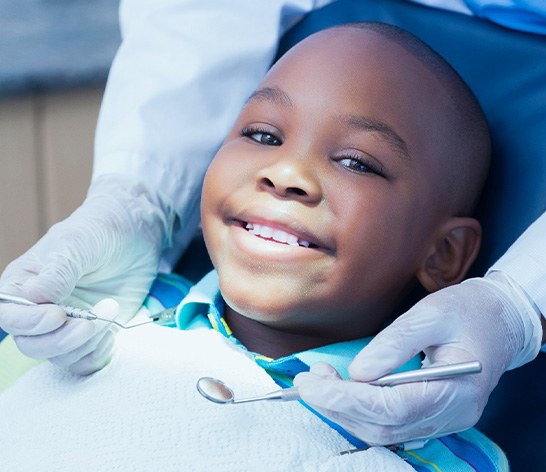
As a parent, seeing your child in pain can be heartbreaking. Although there’s no foolproof way to prevent dental emergencies entirely (as they’re often unexpected), there are a few things you can do to protect their smile from harm. Here are a few examples!
Making sure they brush twice a day and floss once a day
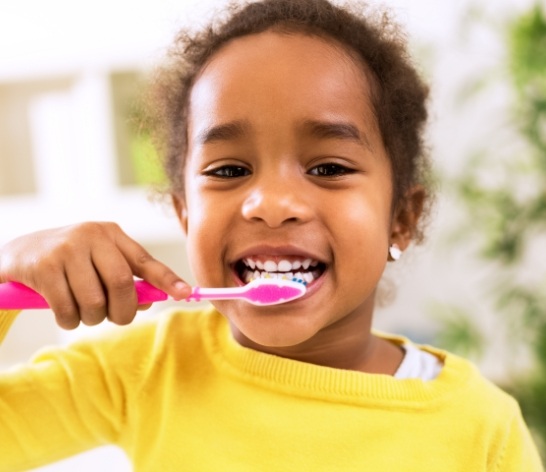
If food particles and other debris are left alone on your child’s teeth, then it won’t take long for cavities to develop. That’s why it’s so important that they brush their teeth for a full two minutes each morning and evening. As soon as two teeth touch, they should start flossing as well! If you’re ever unsure which toothbrush they should be using, how much toothpaste is appropriate, or when to add a step like rinsing with mouthwash into their routine, don’t hesitate to reach out – we’re here to help.
Bringing them in for two checkups and cleanings per year
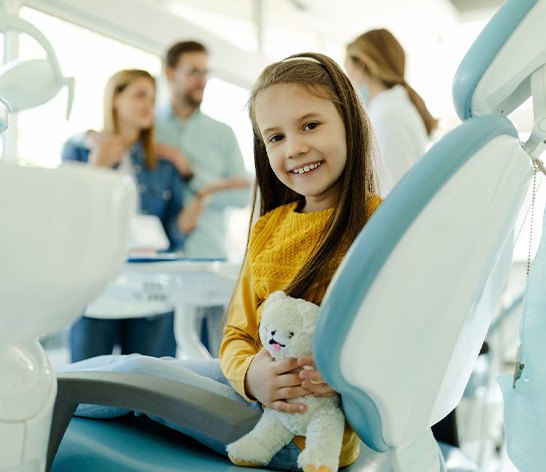
Your child’s biannual dental checkups and teeth cleanings serve several important purposes. To begin, the periodic exams ensure that tooth decay and other dental damage is caught and treated before emergency care is needed. During the cleaning, we remove built-up plaque and clean the hard-to-reach areas of their mouth, which reduces their risk of cavities. We can also decide if further preventive care is needed at this time, like dental sealants or fluoride treatments.
Limiting their intake of sugary foods and beverages

This one can be difficult, but it’s crucial because sugar is one of the leading causes of tooth decay. So, do your best to keep caramel candies, ice cream, soda, and other sweet treats like these to a minimum. Instead, offer your child foods that are naturally sweet, like apples, strawberries, and bananas. That way, essential vitamins, nutrients, and minerals are included in their daily diet.
Giving them a mouthguard if they play sports
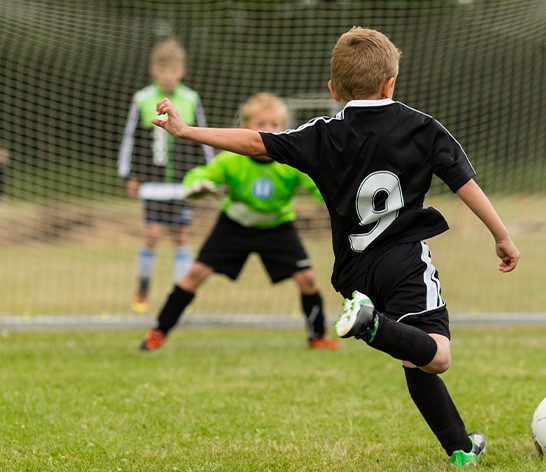
Whether your child is on their school’s football team, they enjoy playing soccer with friends when they are done with their homework, or they prefer a solo sport, like skateboarding, it’s important that they wear a mouthguard. That way, they are much less likely to experience a dental emergency, like a knocked-out tooth, from a bad fall or an accidental elbow to the face.
Breaking bad habits

Over the years, your child may develop a habit or two that seems harmless but can actually take a serious toll on their oral health. Biting their nails, chewing on ice cubes, using their teeth to open things, and chewing on the back of their pencil are a few examples. The best thing to do is gently correct these behaviors when you notice them and offer an alternative, like chewing on some sugar-free gum or grabbing the scissors.
Understanding the Cost of Treating Pediatric Dental Emergencies

When a dental emergency strikes, it's natural to be concerned about your child’s health and the potential costs involved. Unfortunately, pediatric dental emergencies can vary greatly in complexity. This makes it difficult to give you an exact figure when it comes to the cost of care without seeing your child first. At Cherokee Children's Dentistry, we prioritize your child’s comfort and aim to provide effective, affordable dental work. Read more below to learn what you can expect when it comes to the cost of your child’s dental emergency treatment.
Every Pediatric Dental Emergency Is Different
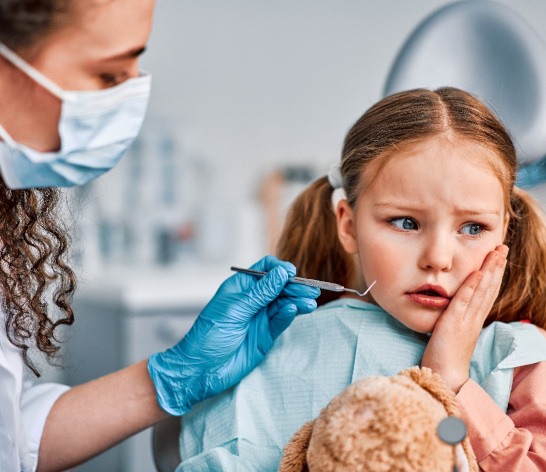
The cost of treating pediatric dental emergencies can vary widely, as each situation is unique. Factors that influence the cost include:
- The type of emergency (chipped tooth, knocked-out tooth, severe toothache, etc.)
- The severity of the injury or dental issue
- The complexity of the treatment required
- The use of sedation or anesthesia for more complex procedures
It’s important to note that even if your child is only having an issue with their baby teeth, it’s still a big deal! Neglecting care for a baby tooth just because it will eventually fall out may lead to bigger, more costly dental issues in the future.
Does Dental Insurance Cover Pediatric Dental Emergencies?

In many cases, dental insurance covers pediatric dental emergencies, but the extent of coverage depends on your specific plan. Emergency treatments are often considered necessary, so they are likely to be partially or even fully covered.
However, every insurance plan is different, and out-of-pocket costs may vary. If you’re unsure about your benefits, our team can guide you through the process and ensure you receive the maximum coverage for your child’s treatment.
Other Options for Making Pediatric Dental Emergencies Affordable

Our team knows that not every family has access to dental insurance. That’s why we partner with financing providers like CareCredit, allowing you to break down the cost of your child’s treatment into manageable monthly payments. Our goal is to ensure that every patient receives the care they need, regardless of financial circumstances. So, don’t hesitate to reach out to us! We’re here to help you explore the best options for your family.
Prevention Is the Best Policy to Save You Money

Preventive care is the most effective way to avoid costly pediatric dental emergencies. Regular checkups, cleanings, and good oral hygiene habits can significantly reduce the risk of dental issues that might lead to bigger, more expensive emergencies.
Teaching your child good habits when it comes to brushing, flossing, and their diet can go a long way in protecting their smile. Encouraging good technique, consistency, and lowering sugar intake are three critical things you can do at home to keep your child’s teeth clean and healthy. Then you can schedule regular appointments with us to keep your child’s teeth strong, so you’ll be less likely to face unexpected dental expenses down the road!
Dental Emergency FAQs
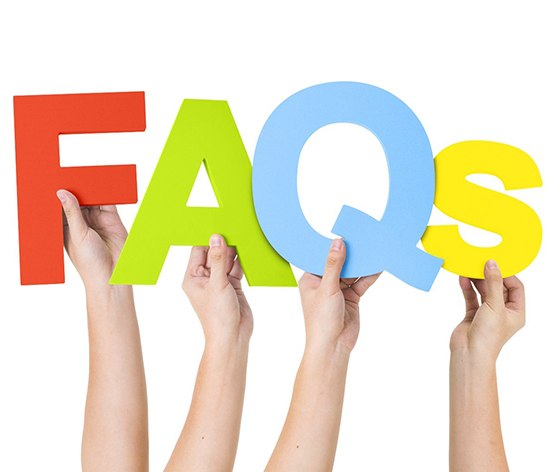
Dental emergencies are unsettling and can happen when you least expect them to. If your child has sustained an accidental injury or is experiencing severe tooth pain, you may be unsure of what to do. At Cherokee Children’s Dentistry, we offer safe and effective services to get your little one’s oral health back on the right track. While the best way to get help is by calling our office, you can review our answers to some frequently asked questions below in the meantime.
Should I Take My Child to the Emergency Room First for Dental Emergencies?
It only makes sense that you’d want to take your child to the nearest emergency room when they’re experiencing a dental emergency in Canton. However, your local hospital is likely unable to effectively address those types of injuries, which is why you should take them to a pediatric dentist instead. The only time you should take your child to the ER for an oral accident is if they’re experiencing any of the following:
- Swelling that’s affecting their breathing or ability to swallow
- Fractured or broken jawbone
- Serious cuts or lacerations to the face
- Uncontrollable bleeding
Are Knocked-Out Baby Teeth a Dental Emergency?
Since baby teeth are meant to come out eventually, you may think that it’s no big deal when your child knocks one out. In reality, it’s a problem because baby teeth need to stay in for as long as possible. The first thing you should do is contact our office right away and schedule an emergency appointment. Do not try to reinsert the tooth into the empty socket! Our team needs to examine the situation and determine if any damage has occurred. If the bleeding cannot be controlled or you think your little one has damaged their jaw, you should take them directly to the emergency room.
What Should I Keep in My Emergency Dentistry Kit?
Every parent understands the importance of being prepared. If you want to be ready for the unexpected, you should keep an emergency dentistry kit with you at all times that contains the following essentials:
- Dental floss
- Ice pack
- A topical anesthetic (i.e., Orajel)
- Ibuprofen or another anti-inflammatory medication
- Dental cement
- Gauze pads and dressings
- Cotton balls
- Small storage container
- Sterile gloves
- Petroleum jelly
Does Emergency Dentistry Cost More?
Believe it or not, a visit to your emergency dentist in Canton is not as expensive as you may think. What can be costly is the treatments required to get your child’s oral health back on the right track. Of course, you should avoid putting off necessary care as it can lead to higher costs in the future. During your appointment, you can ask our team about your financing options and eligible payment plans. We’ll do everything possible to make your care affordable!
Checkups and Cleanings Cosmetic Dentistry Athletic Mouthguards Restorative Dentistry Early Interceptive Orthodontics Sedation Dentistry Tooth Extractions View Our Services
Emergency Kids’ Dentistry – Canton, GA
We’re Here When You and
Your Child Need Us
As scary as it can be for you when your child experiences a dental emergency, it can be particularly traumatizing for your little one. They might not understand the situation, which can make calming them down nearly impossible. Luckily, our gentle, compassionate dentists at Cherokee Children’s Dentistry are here to help. We offer same-day appointments for emergency patients as well as sedation dentistry to soothe your child’s nerves and make it easy to give them the care they need. If your son or daughter needs attention right away, please call us; we’ll do everything we can to see them later that same day to provide emergency kids' dentistry in Canton, GA.
Why Choose Cherokee Children's Dentistry for Emergency Kids’ Dentistry?
-
Same-Day Emergency Dental
Appointments Available -
Dental Sedation Offered
to Help Children Relax -
Board-Certified Pediatric
Dentists on Staff
How to Handle
Common Dental Emergencies
The very first thing you should do in any emergency dental situation is call our dental office. We’ll schedule an appointment for them as soon as possible, where we’ll assess the extent of the damage and recommend a treatment plan. Until then, our team members can give you advice over the phone on handling the situation. Here are some helpful tips for managing common dental emergencies:
